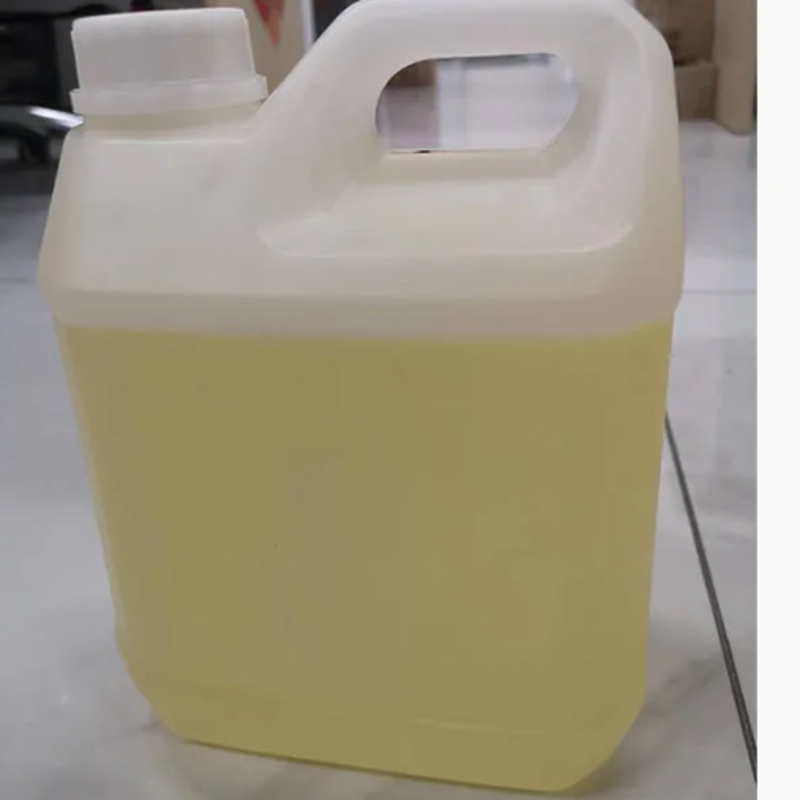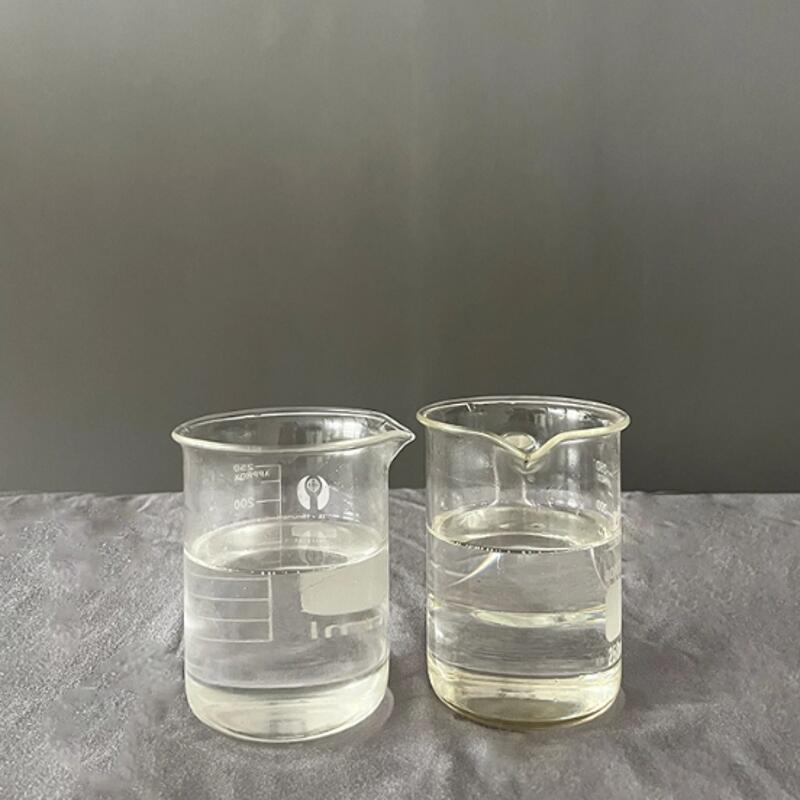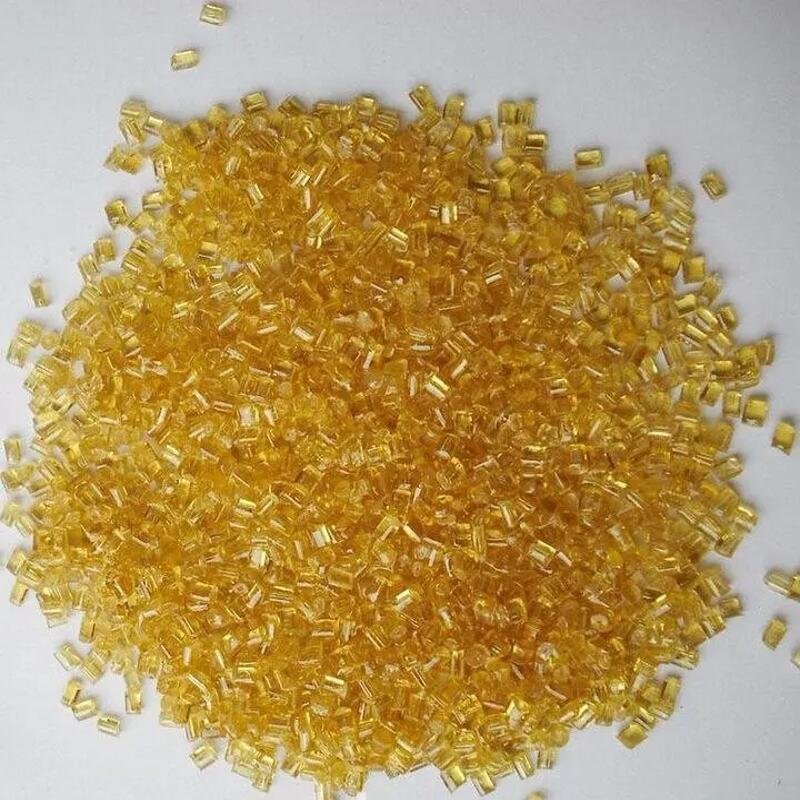-
Categories
-
Pharmaceutical Intermediates
-
Active Pharmaceutical Ingredients
-
Food Additives
- Industrial Coatings
- Agrochemicals
- Dyes and Pigments
- Surfactant
- Flavors and Fragrances
- Chemical Reagents
- Catalyst and Auxiliary
- Natural Products
- Inorganic Chemistry
-
Organic Chemistry
-
Biochemical Engineering
- Analytical Chemistry
-
Cosmetic Ingredient
- Water Treatment Chemical
-
Pharmaceutical Intermediates
Promotion
ECHEMI Mall
Wholesale
Weekly Price
Exhibition
News
-
Trade Service
Unilever has developed recyclable toothpaste tubes for its oral care brands, including Signal, Pepsodent and Closeup, and plans to convert its entire global toothpaste portfolio to recyclable toothpaste tubes by 2025
.
Traditionally, most toothpaste tubes are made of plastic and aluminum, which allows flexibility in packaging but also makes it difficult to recycle
.
The new toothpaste tubes will replace aluminium with a material mainly made of HDPE, one of the most widely recycled plastics in the world
.
It will also be the thinnest plastic material on the toothpaste market at 22 microns thick, which will reduce the amount of plastic required per toothpaste tube
.
Unilever explained that in order to encourage wider industry change, this innovation is made available to other companies
.
After four years of development, HDPE recyclable toothpaste tubes will be available later this year in Unilever's two largest oral care markets - France and India
.
The first products will be launched in France as Signal, the company's leading oral care brand
.
Babu Cherian, Oral Care Packaging R&D Director, explained that the recycling process for these toothpaste tubes "will largely follow the same process as the HDPE bottles
.
This means that the cleaning process will take place at a recycling facility and any remaining toothpaste will be washed away.
.
"
The recyclable toothpaste tube design has been approved by RecyClass, the agency that sets recyclability standards for laboratories in Europe as well as in Asia and North America
.
Meeting these stringent requirements means the new toothpaste tubes can be recycled in standard HDPE recycling streams
.
Cherian added: “The aluminium barrier that makes toothpaste tubes unrecyclable is to preserve taste and ensure product quality
.
Other brands have developed recyclable toothpaste tubes, but these use more plastic than they used to
.
And we don’t want to Increasing the amount of plastic in the environment, so we chose the thinnest plastic material on the market for toothpaste
.
"
Samir Singh, executive vice president of global skin cleansing and oral care at Unilever, said: “I am proud of this latest packaging innovation, which will see our entire toothpaste portfolio switch to recyclable toothpaste tubes by 2025.
Come here One step has been a long and challenging one, but we hope this shift will inspire more industries to make changes as well
.
”
To drive further change across the waste management industry, Unilever is working with global recycling organisations to ensure new toothpaste tubes are collected and recycled, Unilever explained
.







